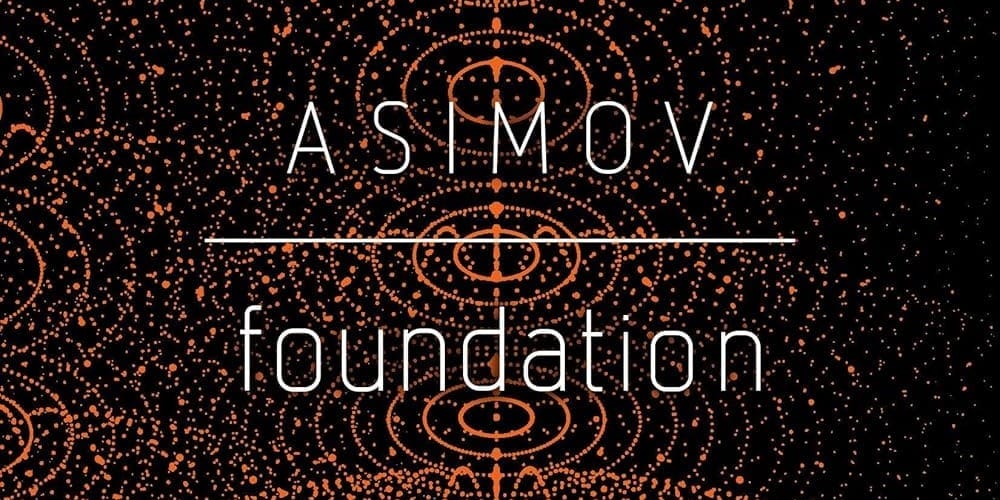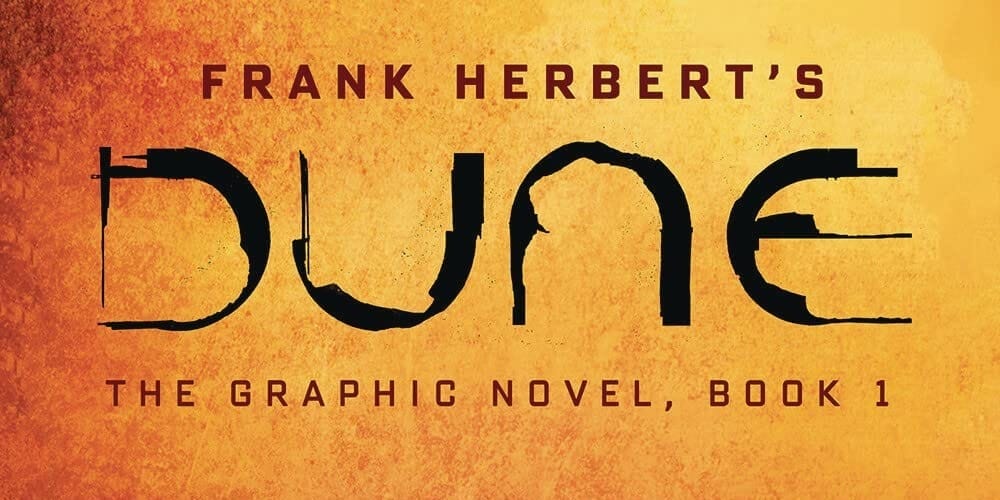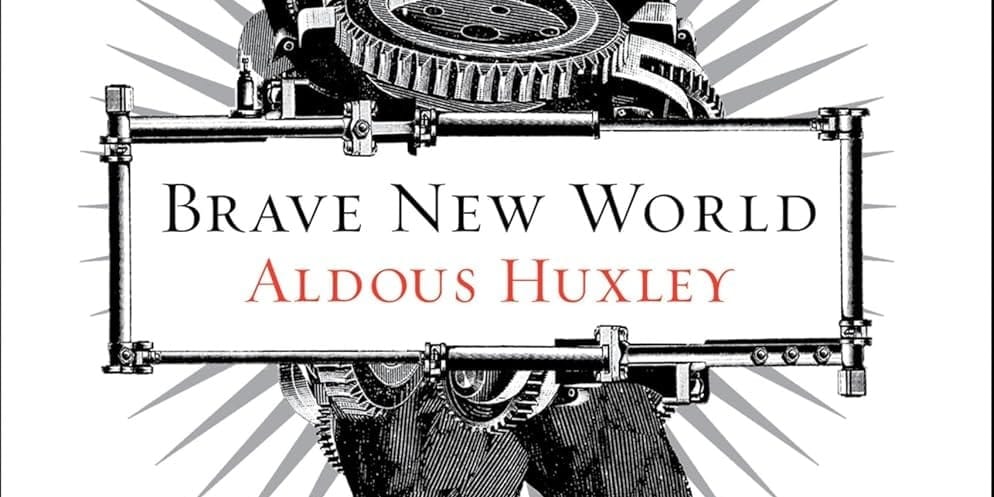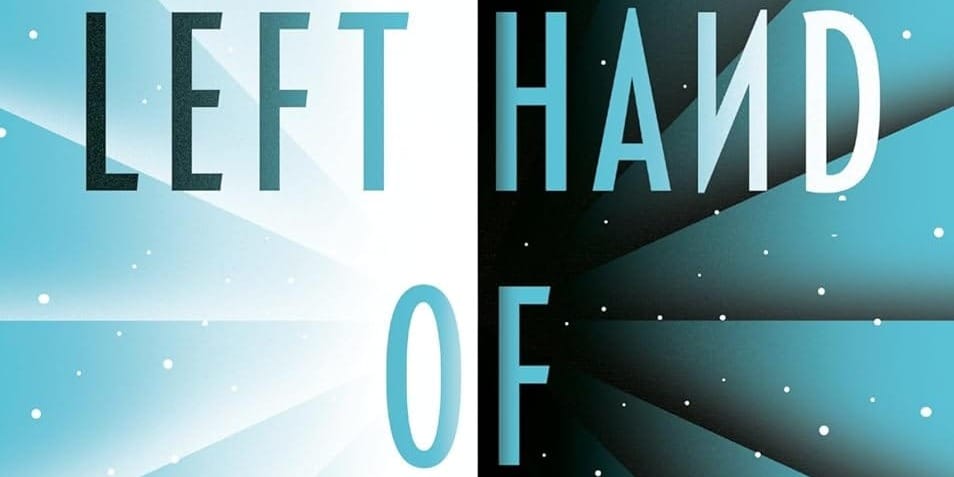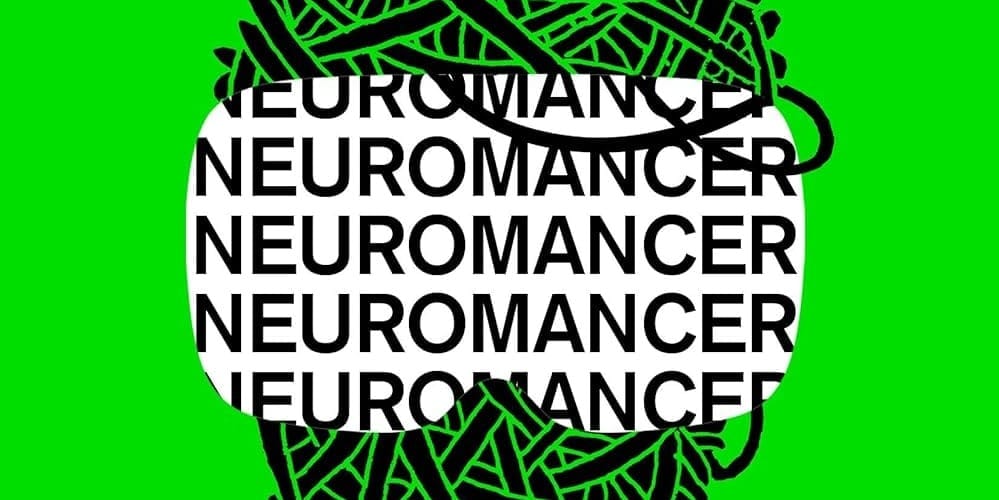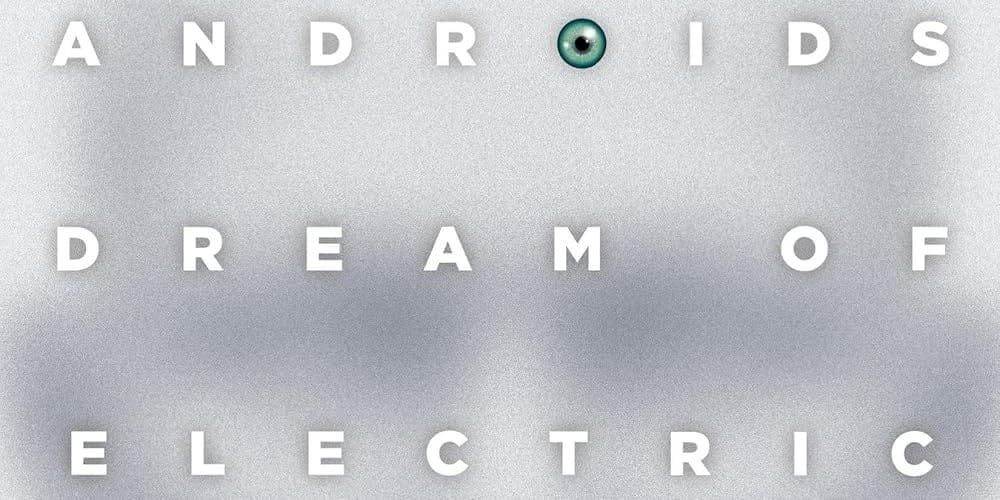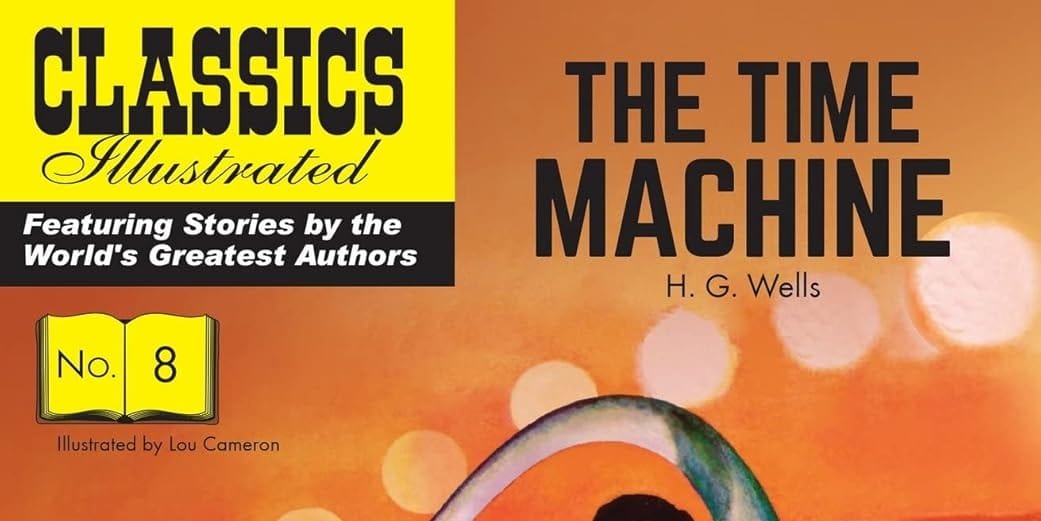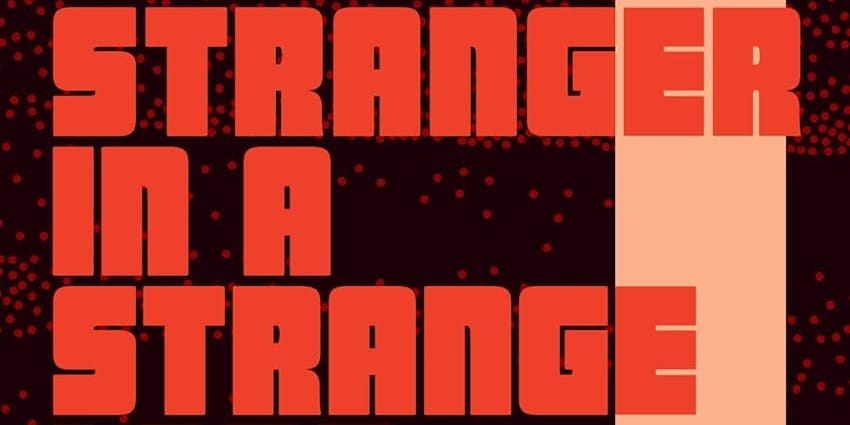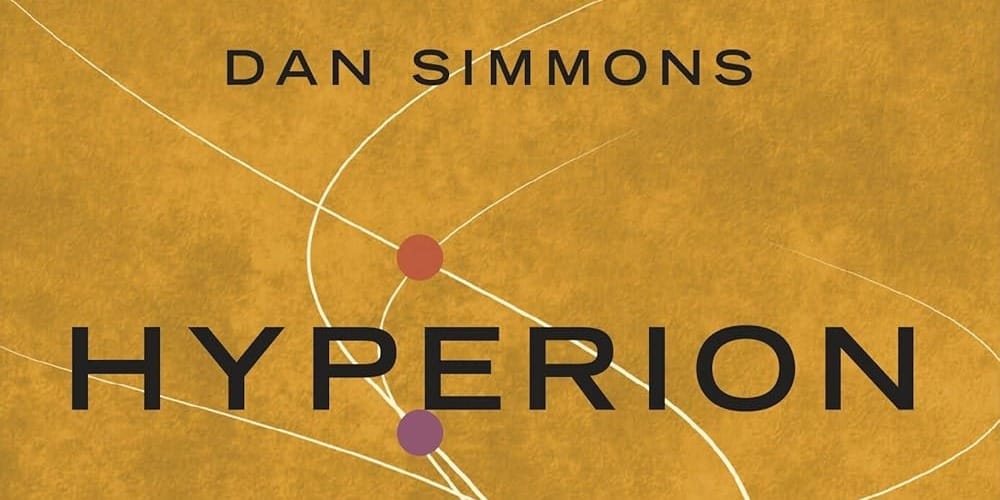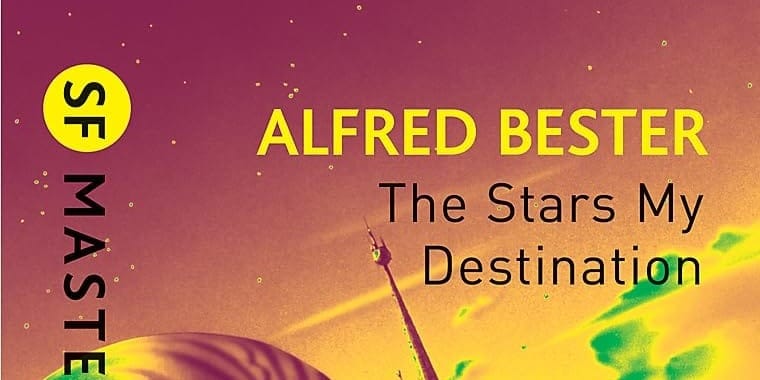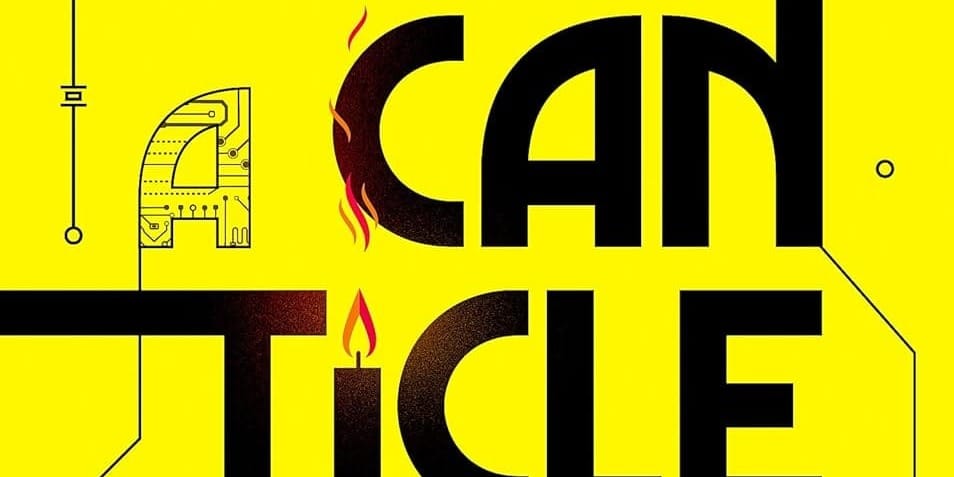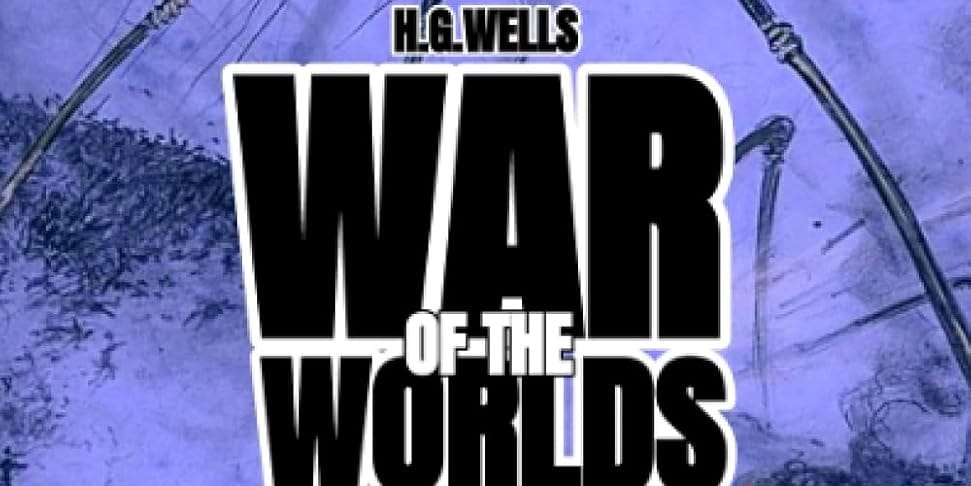Science fiction isn’t just a genre—it’s a gateway to new worlds, bold ideas, and visionary futures. The best classic science fiction novels don’t just entertain; they challenge our perception of reality, human nature, and the limits of possibility. From dystopian nightmares to intergalactic adventures, these must-read sci-fi books have inspired generations of readers, writers, and even scientists. Whether you’re a lifelong sci-fi fan or just discovering the genre, these 13 science fiction classics belong on your reading list.
The Evolution of Classic Science Fiction Novels
The best classic sci-fi novels aren’t just about robots, aliens, and spaceships. They delve into deep philosophical questions, social structures, and the impact of technology on humanity. Some books explore famous dystopian novels, much like the historical classics that reflect on past realities, while others imagine utopian futures or cautionary tales. The Golden Age of science fiction gave us some of the most brilliant works ever written, while the New Wave movement challenged traditional narratives and conventions. The books below span different eras and styles, but all have left an undeniable mark on literature and culture.
1. Foundation by Isaac Asimov
This top sci-fi classic is one of the most influential books in the genre. Asimov crafts a sprawling epic about the fall of a galactic empire and the efforts of one man, Hari Seldon, to preserve knowledge through a science called psychohistory. The novel is a blend of political intrigue, mathematics, and visionary speculation, influencing countless other works, including modern classics like Dune, which comes next on our list.
2. Dune by Frank Herbert
A defining entry among the best sci-fi books of all time, Dune remains a cornerstone of the genre. It’s an intricate, multi-layered story about politics, religion, ecology, and power, set on the desert planet of Arrakis. Herbert’s vision of interstellar feudalism, mind-altering spice, and the prophetic rise of Paul Atreides is nothing short of genius.
3. 1984 by George Orwell
Among the greatest dystopian classics, 1984 stands as a must-read sci-fi book for its chilling vision of the future. Orwell’s nightmarish totalitarian world, where Big Brother watches your every move, remains disturbingly relevant.
4. Brave New World by Aldous Huxley
Unlike Orwell’s 1984, where fear is the tool of oppression, Huxley’s world is controlled through pleasure and distraction. This dystopian masterpiece presents a future where humans are engineered for specific roles and kept happy with drugs and entertainment. A must-read for those fascinated by society and control.
5. The Left Hand of Darkness by Ursula K. Le Guin
Le Guin’s novel is a masterpiece of soft science fiction, focusing on gender, identity, and cultural difference. Set on the icy planet of Gethen, the story follows an ambassador navigating this unfamiliar world. This book will challenge your perceptions of humanity and social norms.
6. Neuromancer by William Gibson
Before The Matrix or Cyberpunk 2077, there was Neuromancer. Gibson’s novel is a gritty, neon-lit dive into cyberspace and hacking, exploring the merging of human consciousness with technology. Essential reading for cyberpunk fans.
7. Do Androids Dream of Electric Sheep? by Philip K. Dick
Philip K. Dick’s works often blur the line between reality and illusion. This book, which inspired Blade Runner, dives into the nature of humanity, artificial intelligence, and empathy.
8. The Time Machine by H.G. Wells
One of the earliest and most influential sci-fi novels, The Time Machine introduced the concept of time travel as a serious literary theme. Wells’ vision of the distant future remains thrilling and thought-provoking.
9. Stranger in a Strange Land by Robert A. Heinlein
A cult classic that explores human culture through the eyes of a Martian-raised human, Stranger in a Strange Land is as much a philosophical work as it is science fiction. It remains a fascinating exploration of social norms, spirituality, and personal freedom.
10. Hyperion by Dan Simmons
A modern sci-fi classic, Hyperion blends hard science fiction with deep literary and philosophical themes. Structured like The Canterbury Tales, it features multiple narratives converging around the mysterious Shrike.
11. The Stars My Destination by Alfred Bester
A gripping tale of vengeance, The Stars My Destination is often regarded as one of the best space operas ever written. It blends intense action, deep psychological themes, and a critique of social structures.
12. A Canticle for Leibowitz by Walter M. Miller Jr.
This thought-provoking post-apocalyptic novel follows a group of monks working to preserve scientific knowledge in a world ravaged by nuclear war. It remains one of the most important sci-fi works of all time.
13. The War of the Worlds by H.G. Wells
An unforgettable alien invasion tale, The War of the Worlds set the stage for countless extraterrestrial stories. The novel’s tension, realism, and eerie vision of humanity’s vulnerability still make it a thrilling read today.
How Classic Science Fiction Novels Shaped the Genre
These classic science fiction novels aren’t just stories—they’re blueprints for the future. Works like 1984 and Brave New World remain eerily relevant, while Dune and Foundation continue to shape modern sci-fi. Their influence extends beyond literature, inspiring films, television series, and even scientific advancements. Concepts first introduced in these books, such as artificial intelligence, virtual reality, and space colonization, are now becoming reality. Sci-fi not only reflects the hopes and fears of its time but also serves as a guiding force for technological and philosophical debates. Whether you’re revisiting old favorites or discovering these best sci-fi books of all time for the first time, each one will change the way you see the world—and maybe even the universe beyond it.
💬 Psst… Many of the books from the list are available to read for free with Kindle Unlimited or listen for free with Audible — both offer 30-day free trials for new users. Perfect if you’re trying to read (or listen to) more without spending more.


